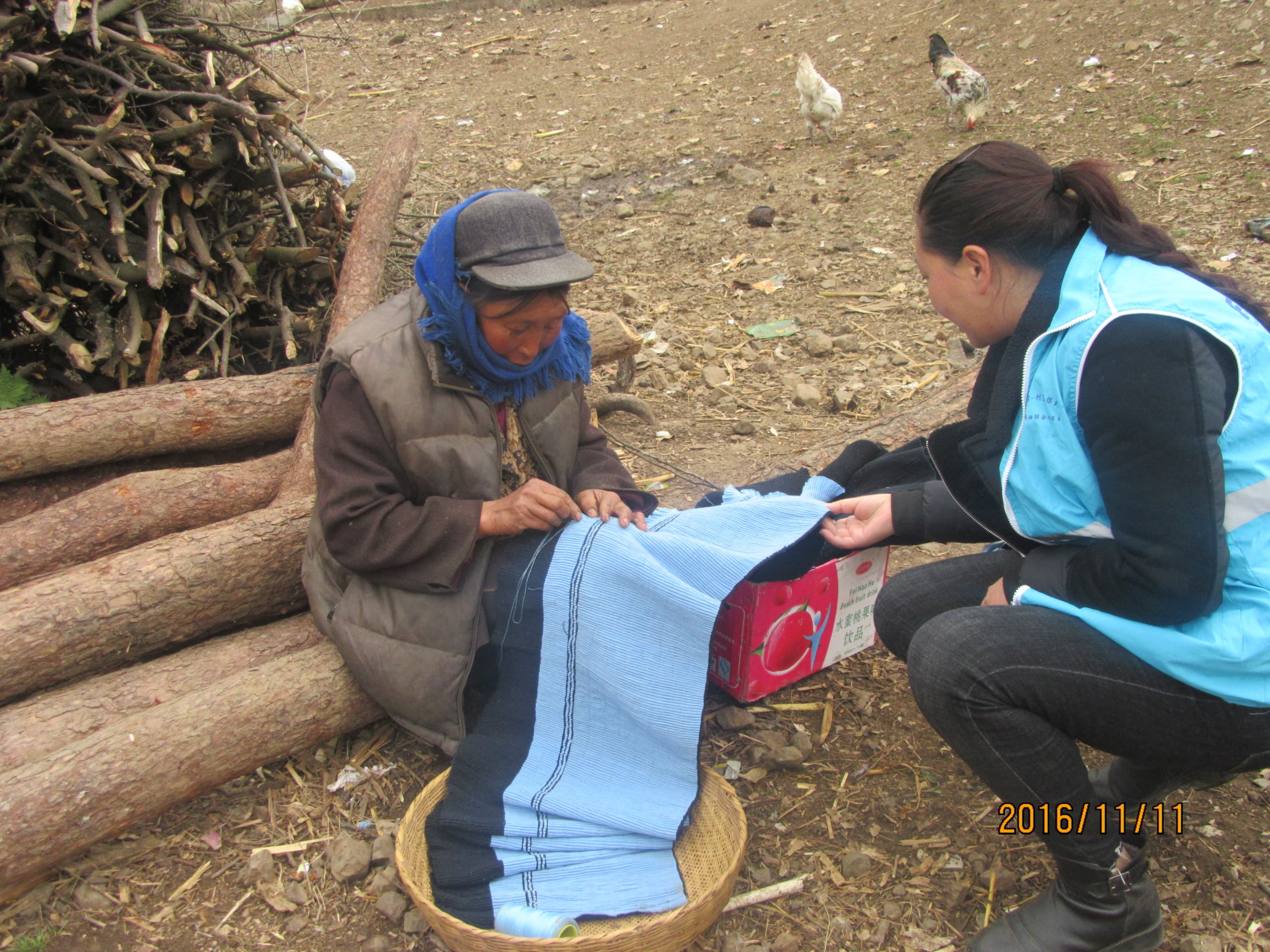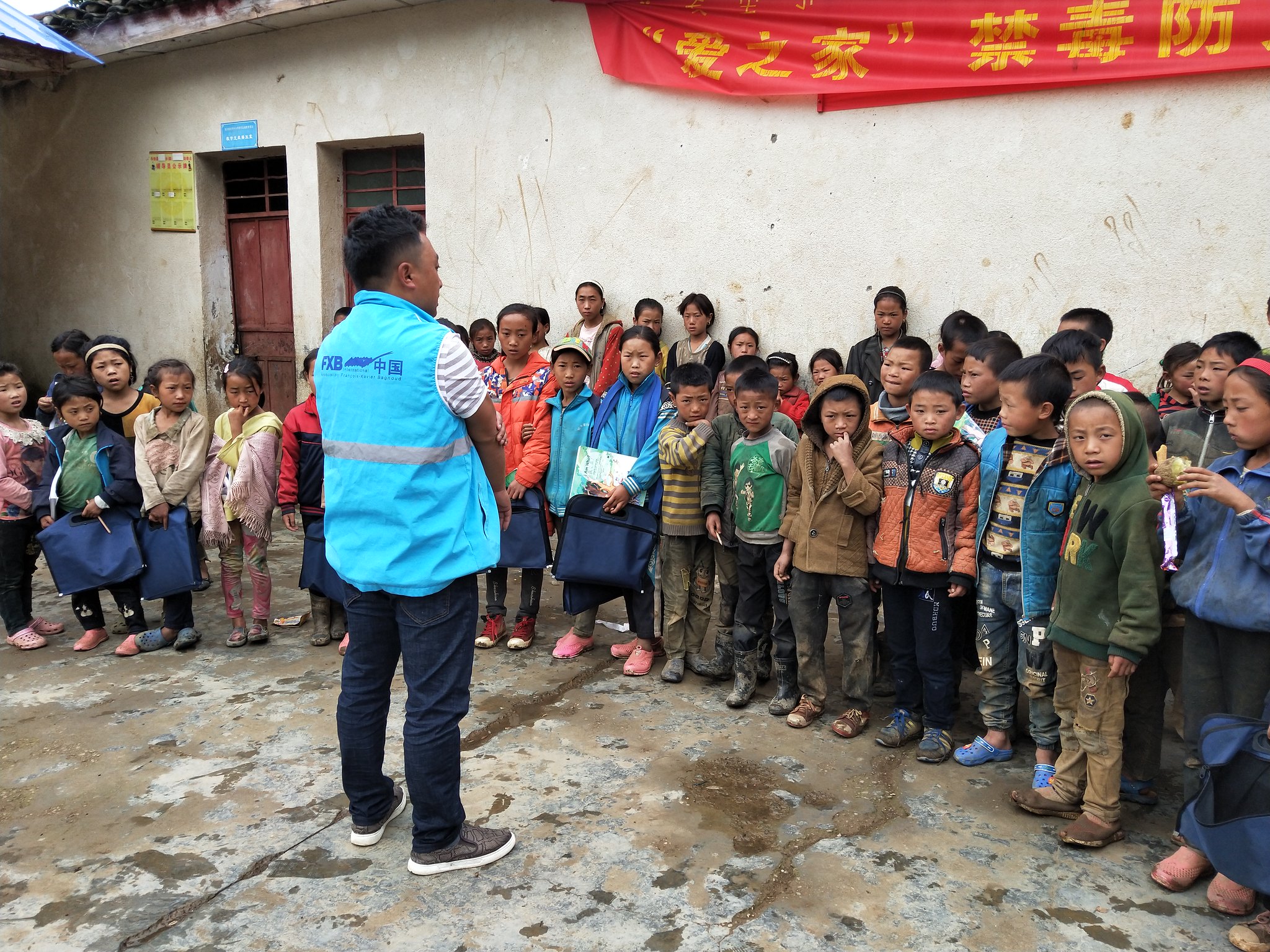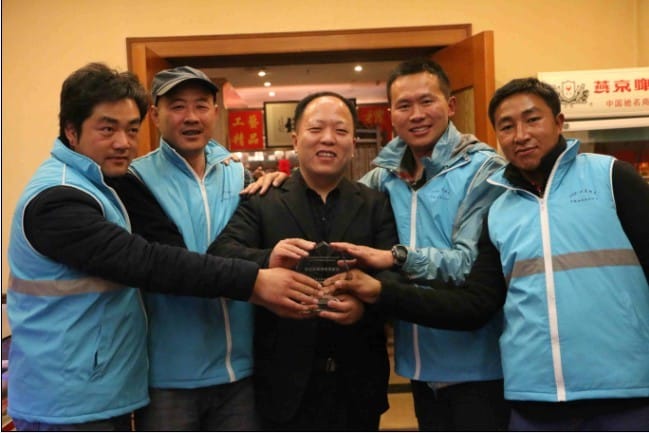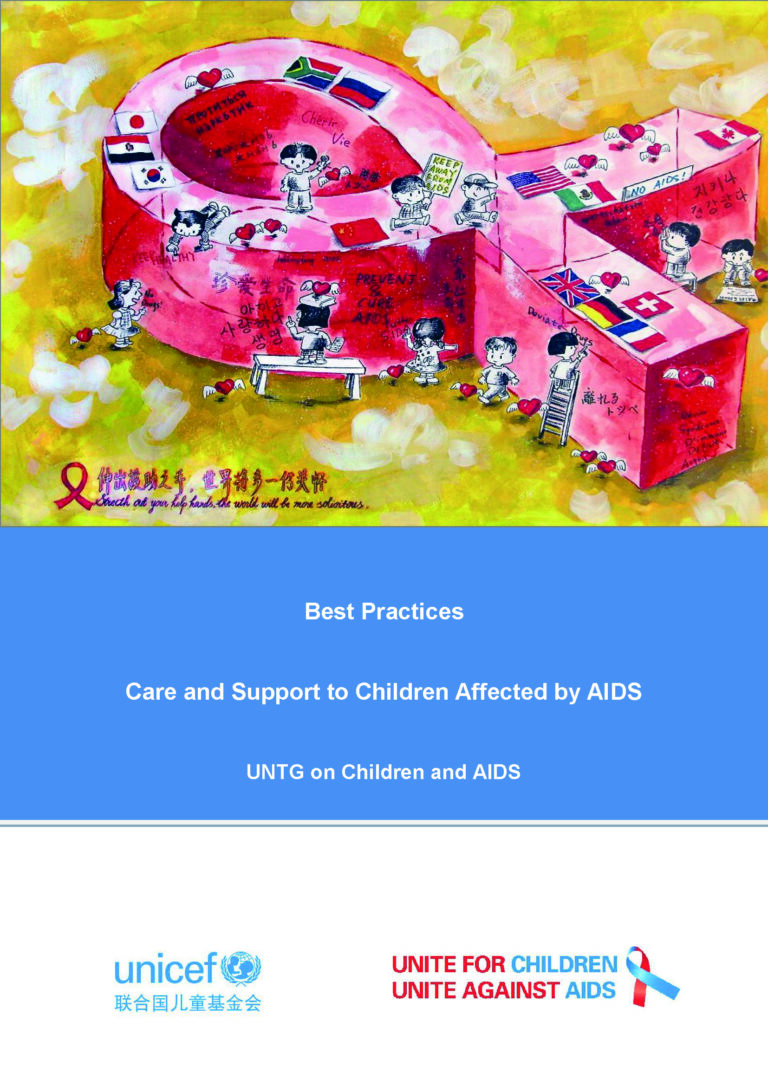
Chine: Sortir des familles vulnérables de la pauvreté et réduire les discriminations liées au genre
FXB Suisse était enregistrée en Chine comme organisation locale, sous le nom de « Bu Tuo Eyas », et travaillait en étroite collaboration avec les branches locales de la Fédération des Femmes Chinoises.
Contexte
Le comté montagneux de Bu Tuo est situé dans la région du Liangshan – la préfecture autonome de la communauté Yi dans la province du Sichuan, l’une des plus pauvres de Chine.
Avec un habitant sur cinq vivant en situation de pauvreté et un taux d’analphabétisation de presque 75%, la population souffre de malnutrition, de conditions d’hygiène déplorables et d’une forte disparité entre hommes et femmes. Les Yi ont leur propre langue et ont beaucoup de difficulté à communiquer en mandarin – à la fois à l’oral comme à l’écrit. La pauvreté et les inégalités économiques des groupes minoritaires sont des problèmes largement reconnus.
Ils ont abouti à la marginalisation du développement chez les Yi et à davantage de problèmes sociaux existant dans la communauté locale, tels que la consommation de drogue, l’alcoolisme, l’illettrisme et la violence domestique.
Par ailleurs, les familles ont peu de respect pour l’éducation, ce qui se traduit par une faible fréquentation scolaire, en particulier pour les filles. Mariages et maternités précoces ainsi que traditions font que c’est sur les femmes que repose la principale charge de travail au sein de la famille.
Illettrées, elles n’ont pas suivi de formation et ne disposent très souvent d’aucune compétence particulière qui pourrait les aider à accroître leurs revenus et leur pouvoir décisionnel et, par conséquent, leur qualité de vie.
Notre action en Chine
Lutter contre les causes multidimensionnelles de la pauvreté : 11 projets de développement économique et communautaire VillageFXB
Malnutrition, analphabétisme, manque d’opportunités économiques, conditions climatiques défavorables, maladie, insalubrité des logements… les personnes les plus démunies de Bu Tuo font face à une variété de défis complexes. N’aborder que la question des revenus est une erreur ! Une aide partielle, ne s’attaquant qu’à une cause de la pauvreté, n’est en effet pas une solution suffisante pour la vaincre.
Ainsi, notre modèle de Développement économique et communautaire VillageFXB permet d’apporter, en trois ans, une réponse complète aux causes fondamentales de la pauvreté.
Cette approche holistique de réduction de la pauvreté vise à s’attaquer simultanément à ses facteurs prédominants : pauvreté économique, malnutrition, manque d’accès à des soins de santé, manque d’accès à l’éducation au sens le plus large du terme et à l’information et insalubrité des logements et de l’environnement.
Il s’agit aussi de lutter contre les discriminations liées au genre et de d’équilibrer les relations entre hommes et femmes afin que celles-ci, plus exposées à la pauvreté, puissent accéder aux mêmes opportunités économiques et sociales.
FXB Chine mène par conséquent des programmes d’éducation théoriques et pratiques, complémentaires aux programmes VillageFXB, afin de renforcer les capacités de femmes vulnérables des communautés Yi. Ces formations vont de l’apprentissage du mandarin de base à l’acquisition de connaissances professionnelles dans divers domaines, en passant par la prévention à la violence domestique et la prévention de la santé familiale en général.
FXB a également développé un manuel « I am Who » qui a été reconnu comme une pratique exemplaire par UNICEF Chine pour renforcer les capacités des enfants. L’idée générale de cette activité est de combattre la stigmatisation en reconstruisant l’imaginaire des enfants à travers l’écriture de leur histoire. Son impact sur l’état psychologique des enfants a été évalué de manière très positive aussi par l’Institut d’information et de contrôle de BeiJing en 2009.
Notre impact en Chine

dans les provinces du Sichuan et du Yunnan.

ont ainsi transité d’une situation d’extrême pauvreté à l’autonomie économique et sociale depuis 2006.

en 2013, les programmes VillageFXB de Bu Tuo ont été récompensés par le Centre de recherche de la Culture Yi de l’Université Centrale des Nationalités et la Fondation de la protection sociale en Chine par le prix pour la « Contribution Spéciale » pour leurs implications dans le développement de la communauté Yi en Chine.

